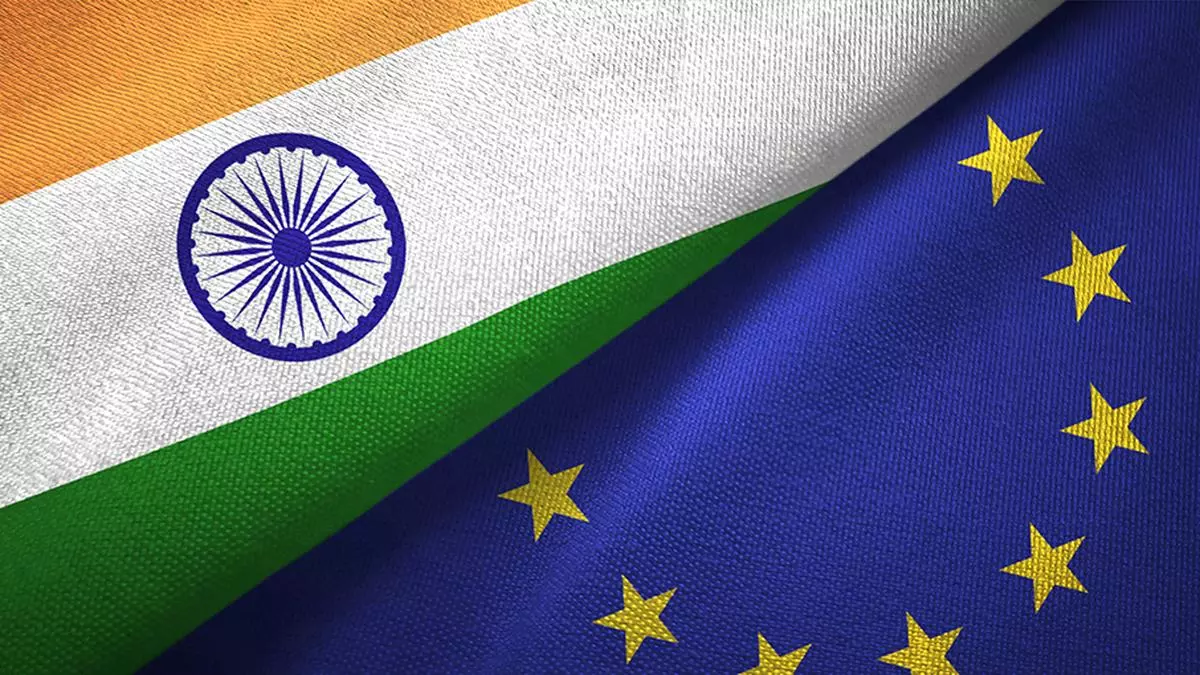EU regulation: India asks how low-income farmers will be protected
India has asked the EU to outline the measures it intends to take to mitigate the impact of its Deforestation-Free Products Regulation (EU-DR) on low-income resource-poor farmers of developing countries and least developed countries (LDCs), who would be saddled with high costs of compliance once the bloc’s unilateral rule to “prevent deforestation” is implemented.
“In a set of questions posed to the bloc, which would be discussed at the WTO’s Committee on Agriculture meeting later this week, India drew attention to the total of €3.5 billion in grants offered by the EU for the period 2021-24 to help partner countries sustainably manage their forests and agriculture and asked the bloc to provide details of the grants provided so far,” a source tracking the matter said.
The EU-DR regulation seeks to restrict exports of certain identified items to the bloc, including cattle, cocoa, coffee, oil palm, rubber, soya, wood and all other derived products, that have been produced in land deforested after 2020.
- Also read: India concerned that EU’s Deforestation-Free Regulation could be “disguised” trade restriction
Key concerns
Some other members, including Indonesia and New Zealand have also raised concerns on the implementation of EU-DR.
The proposed regulation, which the EU says will apply equally to commodities and products produced inside and outside the EU, is scheduled to be rolled out from December 30, 2024 for most and from June 30 2025 for micro-sized and small companies.
As the regulation will also be applicable on all products derived from the seven primary items identified, such as meat products, leather, chocolate, coffee, palm nuts, palm oil derivatives, glycerol, natural rubber products, soybeans, soy-bean flour and oil, fuel wood, wood products, pulp and paper and printed books, it has the potential to affect Indian exports to the EU worth $1.3 billion annually, according to industry estimates.
India also raised its concerns about the ‘benchmarking system’ adopted by the EU to categorise the exporter countries into high-risk and low-risk based on certain conditions. One of the conditions is whether the nationally determined contributions (NDC) to the United Nations Framework Convention on Climate Change cover emissions and removals from agriculture, forestry and land use. “In this context, India requests the EU to elaborate on the rationale behind setting agriculture-related NDC commitments to UNFCC as a criterion for the benchmarking system,” the submission stated.
